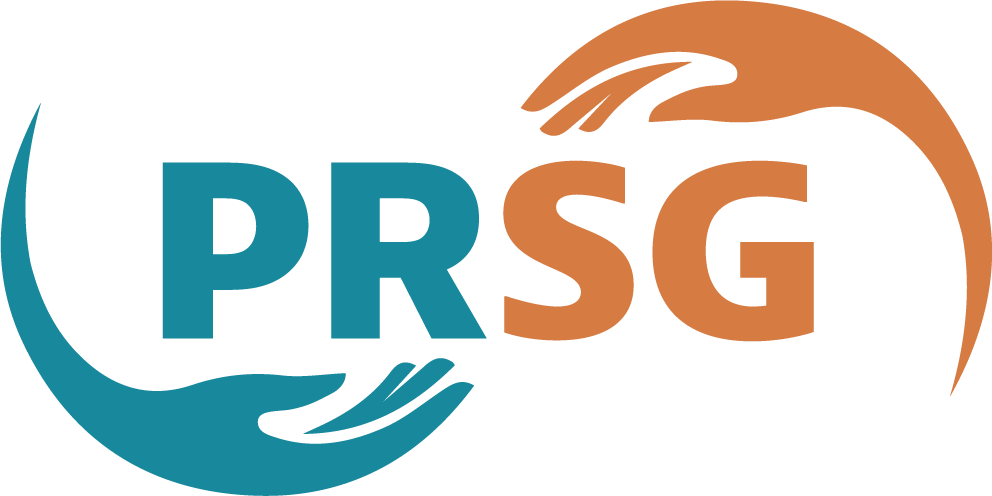Barriers to Specialized Careers - Foreign Diplomas and Transcripts
There is one consistent and significant challenge I have seen while working with refugees and other forcibly displaced adults who are pursuing their careers in Oregon. This challenge involves the barrier that exists from having a non-U.S. degree and the ability to pursue their chosen career paths here, particularly for the jobs that require higher education credentials. It is a barrier that exists not only in Oregon, but in many other states around the country as well.
“the number of highly skilled immigrant adults (ages 25 and older) grew 42% from 9 million in 2010 to 12.8 million in 2019.” The report states that, in 2019, 21% of these college-educated and highly-skilled immigrants ended up in either low-skill jobs or unemployed. Another statistic, “immigrants who received their education in another country are more likely to be underemployed than those educated in the United States,” with 24% of those who received diplomas overseas being underemployed versus only 17% for those who received their degrees in the U. S.
~According to a report from the Migration Policy Institute (MPI)
Why are these percentages of underemployment amongst college-educated immigrants and refugees so high? What challenges do these individuals face as they attempt to pursue the careers they studied and trained for in their home countries?
It’s not easy to answer these questions,to say the least, and circumstances vary depending on the career, but there are some underlying patterns that exist and contribute to these high percentages. One pattern I have noticed in the work I do is the lack of formal acknowledgement of foreign diplomas for specialized careers in the U.S. Additional challenges arise when an individual seeks to evaluate their foreign degree for that formal recognition and acceptance.
Engineering as an example:
To apply for licensure as an engineer in Oregon, the National Counselor of Examiners for Engineering and Surveying (NCEES) explains that an individual must show proof of the required education as one of the steps to licensure. In most cases, this means that the person must have completed an engineering program that has been approved by the Engineering Accreditation Commission of ABET.
The challenge for those who received engineering degrees overseas is that there seems to be very few non-U.S. universities whose engineering programs have been accredited by ABET. Luckily, in these cases, there is the option to complete a degree evaluation for the engineering licensing board to review and decide if they can accept an individual’s foreign diploma. This is where the next challenge arises: the inability to access official transcripts from foreign universities.
For most official degree evaluations, the organization conducting the evaluation requires that the individual contact their university and ask them to send a copy of their transcripts to the evaluators in a sealed and stamped envelope. Unfortunately, refugees, asylum seekers and other forcibly displaced individuals most often flee their homelands due to war, economic or civil unrest, natural disasters, or other catastrophes—events that often mean that the typical activity of the country has been brought to a halt. Universities may shut down or become unresponsive, making it extremely difficult for the individual to contact them regarding their official transcripts.
PRSG & WES
PRSG is proud to partner with World Education Services to support our community members who need to provide foreign transcripts or diplomas while pursuing a specialized career. WES Gateway Program aims to conduct evaluations using copies of transcripts and diplomas that the individual has on hand, rather than requiring a sealed and stamped envelope. This helps break down the systemic barriers that arise when a job seeker tries to use a foreign diploma in the pursuit of a career in the U.S.
For many, completing another bachelor’s degree in the U.S. is not an option due to university costs, family needs, time constraints, etc. After talking with many of our community members who have earned degrees in their home countries, I’ve noticed a deep sadness and signs of poor mental health when they learn about the amount of time and challenging factors involved with their career aspirations.
Sometimes it just takes one small step at a time to lead to great progress.
Although these challenges exist and may feel overwhelming, I remain hopeful that, through refugee advocacy, community partnerships, and long-term support, we will continue to break down the barriers that keep the national percentage of underemployed college-educated refugees and immigrants so high.



